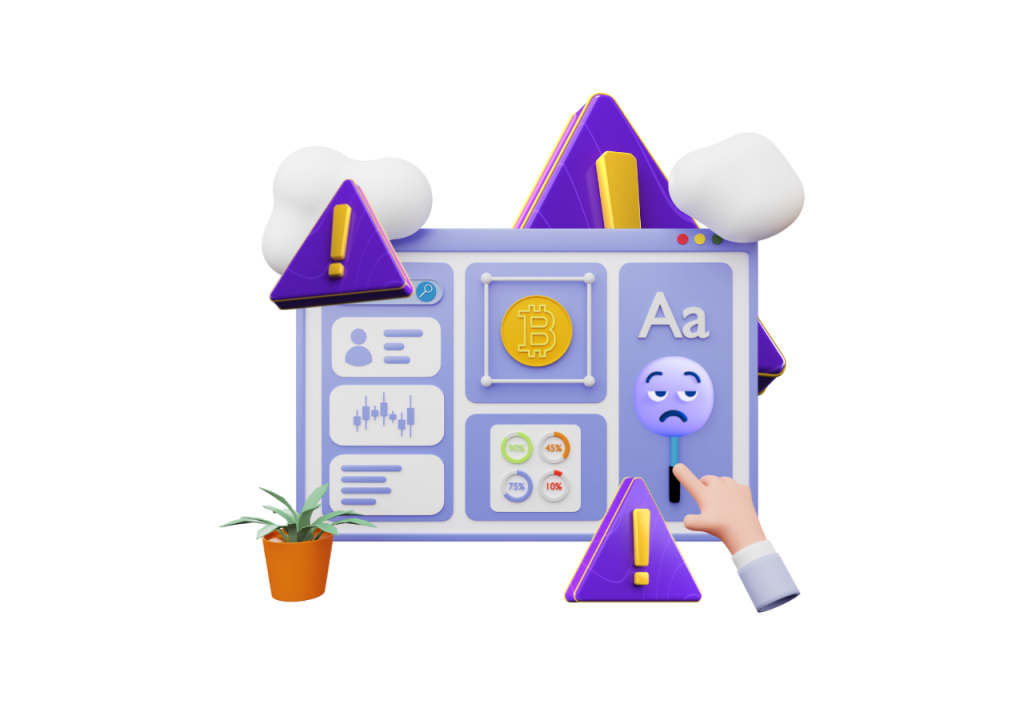When it comes to content marketing, relevance is key. If you produce content that is irrelevant to your business or your target audience, you will not see the results you are looking for. In this article, we will discuss seven proven ways to create relevant content for your business. By following these tips, you will be able to attract more customers and generate more leads!
Table of Contents
1. Know Your Ideal Customer

One way to create relevant business content is to create a buyer persona. A buyer persona is a fictional representation of your ideal customer. By creating a buyer persona, you can better understand your target audience and what types of content they would find relevant.
There are several steps involved in creating a buyer persona. The first step is to gather information about your target audience. This can be done by conducting market research, surveying customers, or using data from your website analytics. Once you have gathered this information, you can begin to create a profile of your target customer. This includes information such as their:
- Age
- Gender
- Occupation
- Interests
- Buying habits
Once you have created a profile of your target customer, you can begin to develop content strategies that will appeal to them. For example, if you know that your target customer is interested in business news, you can create content that covers the latest business trends. If you know that they are looking for tips on how to run a successful business, you can create blog posts or articles that offer advice.
By understanding your target audience and what they are looking for, you can create content that is relevant to your business and your customers. This will help you attract more leads and generate more sales.
Contenteam recommends the Hubspot tool for creating a buyer persona.
2. Identify the Topics Your Audience Is Interested In
Another way to create relevant business content is to find the web topics your audience is interested in. The easiest way to do this is by conducting keyword research. By identifying the keywords your target audience is searching for, you can develop a content strategy around these topics.
For example, if you are a business that sells office supplies, you may want to consider targeting the keyword “office supplies.” This keyword has high search volume and is relevant to your business. If you create content around this keyword, you will be more likely to attract customers who are interested in what you have to offer.
In addition to conducting keyword research, you can also use social media to identify the topics your audience is interested in.
Contenteam recommends Keyword Tool for starting keyword research.
3. Produce Content That Is Valuable and Interesting
When it comes to business content, value is key. If you want your customers to take action, you need to produce content that is valuable and interesting. This means providing them with information that they can use to improve their business.
For example, if you are a business consulting agency, you may want to create blog posts that offer tips on how to improve business operations. If you are an accountant agency, you may want to write articles that offer tax tips. You’ll be more likely to produce leads and sales if you give your audience useful and intriguing information.
Contenteam recommends Buzzsumo for researching the best topics for your content.
4. Keep Your Content Fresh and Up-to-Date
One way to keep your content relevant is to make sure it is fresh and up-to-date. This means regularly publishing new blog posts, articles, news, case studies, and white papers (the last two are particularly relevant for tech products and services). By publishing new content on a regular basis, you will keep your audience engaged and interested in what you have to offer.
In addition to publishing new content, you can also update your existing content. This can be done by adding new data, revising old information, and removing outdated information. By keeping your content fresh and up-to-date, you will ensure that it is relevant to your audience.
5. Optimize All Your Website Content for SEO

Another way to make sure your content is relevant is to optimize it for SEO. This means using keywords and phrases that are relevant to your business on every website page. By including these keywords in your content, you will help improve your search engine rankings.
In addition to using keywords, you can also use other techniques to improve your SEO — for instance, implementing a linkbuilding strategy, using anchor text, and backlinking. By optimizing your content for SEO, you will make sure that it is seen by more people and that it ranks higher in the search engines.
Here you can find the most relevant information and linkbuilding tips.
6. Promote Your Content on Social Media
Another way to make sure your content is relevant is to promote it on social media. This means sharing your content with your followers on Twitter, Facebook, and LinkedIn. By promoting your content on social media, you will help increase its visibility and reach a larger audience.
Tip from Head of Marketing:
If you’re promoting a complex B2B project on social networks, I would suggest taking advantage of paid advertising opportunities and promoting with this simple funnel:
| Awareness ↪ | Content piece 1 (about the product/service) | Content piece 2 (case study 1) | Content piece 3 (case study 2) | A video message from the CEO or the entire team |
Consideration ↪ | Unique value proposition banner | Video reviews from your clients | ||
| Retargeting | Social proof banner | FOMO banner |
7. Test and Measure the Results
Finally, another way to make sure your content is relevant is to test and measure the results. This means tracking how much traffic your content generates, how many leads it produces, and how many sales it generates. By tracking the results of your content, you will be able to determine its effectiveness and make necessary changes or adjustments.
Contenteam recommends UTM Builder for tracking your content effectiveness on every stage of the marketing funnel.
Contenteam is Ready to Write for Your Company!
Contenteam is a crew of writers, experts, editors, and proofreaders who are passionate about our clients’ businesses. Our mission is to help you succeed in your industry by creating compelling content that drives results.
Whether it’s for your website, blog, or social media accounts, we know how important it is to have the right words on hand so you can communicate with clarity and confidence. That’s why our expert copywriters will craft powerful messages that inspire action from your audience.
With us as your partners, you won’t have to worry about writing engaging content anymore because we do all the heavy lifting for you! Simply tell us what kind of message you want to send out into the world and let our experts take care of everything else! You don’t even need any previous experience — just an idea in mind. And if there’s anything else we can do for you along the way, please don’t hesitate to ask! We’re here 24/7/365 days a year and are ready at a moment’s notice whenever inspiration strikes. So go ahead and send us a message today!
Contact Contenteam now for more information on how we can help make your business shine online.
FAQ
What is business content?
Business content is any type of content that helps promote or market a business. This can include blog posts, articles, white papers, ebooks, infographics, and more.
What are some strategies for creating business content?
Some strategies for creating business content include using social media, optimizing for SEO, and testing and measuring results.
What are some benefits of business content?
Some benefits of business content include increased visibility, engagement, and leads/sales.
How can I ensure that my business content is relevant?
There are several ways to ensure that your business content is relevant. This includes regularly publishing new content, updating existing content, optimizing for SEO, and promoting on social media.
How often should I publish business content?
There is no set answer for how often you should publish business content. However, we recommended publishing new content on a regular basis. This could be once a week, once a month, or more.












